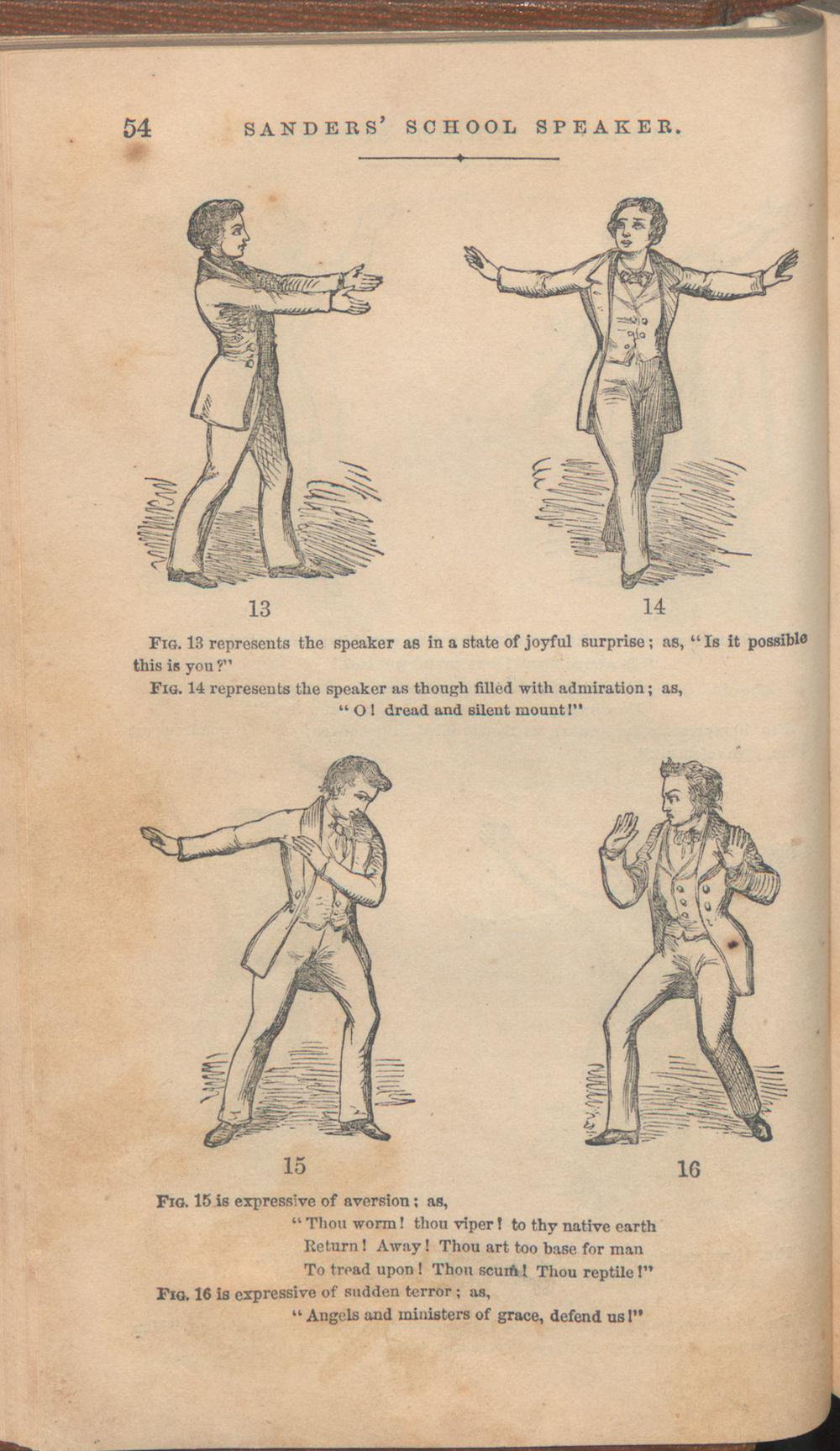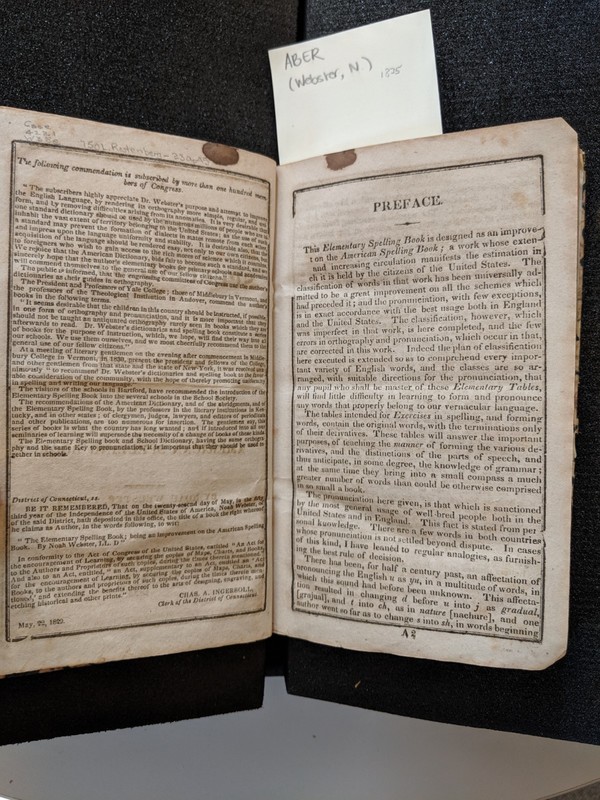Narrated Event #1: Noah's Best Usage
The first narrated event to note is Webster’s initial claim that the pronunciation found in his book is “in exact accordance with the best usage both in England and the United States” (5). Such a claim is striking for two reasons: first, Webster is implying that English pronunciation in the United States and England are similar enough that the “best” usage of both regions is actual the same dialect, and second, Webster is introducing the idea that his book holds the key to “good” pronunciation. The first claim is simply historically inaccurate, but the second at least merits further discussion. On the same page, Webster contributes to this narrated event another claim, one that I take to be perhaps the most important of the whole book: “The pronunciation here given, is that which is sanctioned by the most general usage of well-bred people both in the United States and in England. This fact is stated from personal knowledge” (5). It is here that we can see how outrageous Webster’s point of view truly is. Not only does he associate “good” pronunciation with “well-bred people” (not a terribly surprising thing to say at the time, or even nowadays), but he also has no factual basis for this idea – he explicitly tells us that this “fact” comes “from personal knowledge”! (Such a phrase makes our 2019 discourse about “alternative facts” seem slightly less frightening.) Keeping in mind the source of Noah’s information helps one to keep perspective while continuing to read this book.

